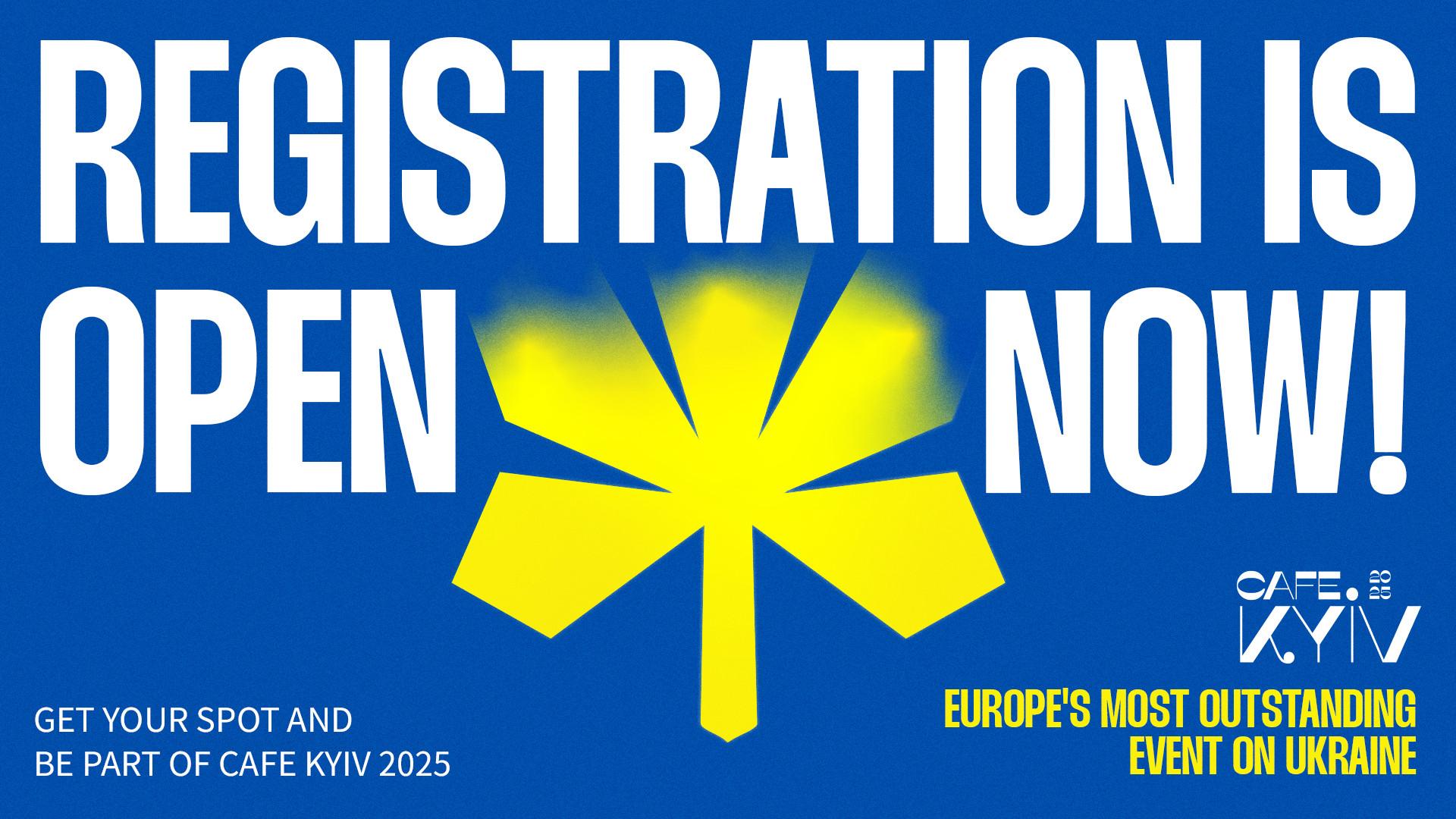For the USA, the real challenge lies in China's growing economic influence in the world. BRICS is not seen as a geopolitical rival, but as a "very diverse collection of countries". They have very close relations with Brazil, India and South Africa, which they would now like to expand further. The expansion is seen as a call for more US support. However, the strong reaction from the US should not obscure the fact that US development cooperation has lost traction. Otherwise, the BRICS expansion would most likely not have been realised.
The states in Western and Southern Europe see the expansion of the BRICS states as a strategy to create a global geopolitical counterweight to the Western-dominated world order (G7, G20, UN) and to improve their position as developing and emerging countries. The great heterogeneity in BRICS+ gives the impression that this is more about turning away from Western hegemony, but not from the West as a whole. In this context, it is considered necessary to differentiate between BRICS states with a clear anti-Western agenda (Russia and China) and BRICS states in search of new trading partners. French President Macron is in favour of not attaching too much importance to the group. Nevertheless, he spoke out in favour of reforming the international organisations in order to help the global South gain more influence and at the same time counteract the possible formation of a new order so that the existing system does not lose influence. France is one of the few countries in Western and Southern Europe in which the implications of BRICS expansion for the country itself and the Western states as a whole have been discussed. The implications for the EU were only discussed in the Belgian press. The proposal: the BRICS states should be approached openly in order to be able to work together constructively. The BRICS summit marked the transition to multipolarity.
The situation is different in the northern countries: In Norway, for example, it was said that the country must prepare itself for a world in which BRICS will play a leading role. In a speech, Finnish President Niinistö called for the actions of the BRICS states to be closely monitored, as there will certainly be decisions made by these states in the future that the West may not like. The West must recognise that many other states are interested in becoming members and that more than just words are needed from the West.
With a few exceptions, government representatives in the Western Balkans did not comment on BRICS enlargement. Only in Serbia was BRICS enlargement utilised politically and was reflected almost exclusively in the reproduction of Russian narratives. In Bosnia and Herzegovina (BiH), Milorad Dodik, President of the Republika Srpska entity, has spoken out in favour of applying to join the BRICS group of states, which has so far met with little resonance among political decision-makers in BiH.
Special cases: Belarus, Hungary, Caucasus
In Central and Eastern Europe and the European neighbourhood, you look in vain for statements from government representatives - partly because they don't want to enhance the status of BRICS. The BRICS summit and the BRICS expansion also received little media attention. In the Baltic states, the perception of and reaction to the BRICS expansion was generally rather restrained or cautious. There were calls for the new constellation not to be overestimated too quickly.
However, there are some special cases in the region. Belarus, for example, has long been campaigning for admission to the BRICS community - most recently with an official application for membership in May 2023. Lukashenka's regime sees BRICS as an opportunity to open up new markets and thus free itself from Western sanctions. The Hungarian government believes that close cooperation with important BRICS countries is crucial for Hungary's economic development and security policy framework. The security policy and economic role of the USA and the EU is explicitly considered to be of declining global importance. There is a conscious desire to open up to partners in the East - also in order to be able to point to other options of its own in negotiations with the EU.
Due to the geographical location of the South Caucasus and its economic relevance in the Middle Corridor between China and Europe and in the North-South Transport Corridor between Russia, Iran and India, several (future) BRICS states play an important role for the South Caucasus. However, neither Armenia, Georgia nor Azerbaijan have officially expressed any interest in joining BRICS. In Georgia, BRICS enlargement has hardly played a role, as the country is preoccupied with EU integration. However, Prime Minister Gharibashvili travelled to China at the end of July and signed an agreement on a "strategic partnership". It is therefore conceivable that the current Georgian government will consider moving closer to the BRICS alliance in the future. In Armenia, such a rapprochement is even more likely. BRICS is seen as an alternative economic project, but not as an anti-Western model. The BRICS group is interesting in the search for economic diversification and new security policy partners. Azerbaijan has always been more open to BRICS. Membership has so far failed due to India's veto, which disapproves of Azerbaijan's good relations with Pakistan, and is now moving even further into the distance due to the massive ethnic and territorial conflicts with new member Iran.
International organisations under particular pressure
The expansion of the BRICS increases the pressure on the international community to finally implement reforms to strengthen the "Global South". If they do not succeed in reforming themselves and offering better prospects to emerging and developing countries in particular, there is a risk that states will turn more strongly to other multilateral cooperations in future. Jim O'Neill, who gave his name to the BRICS states and is a former Conservative minister in the United Kingdom, believes that the expansion of the BRICS states necessitates the reanimation of the G20 states.
Not only the fact that two members of the UN Security Council, China and Russia, are part of BRICS, but also the first participation of a UN Secretary-General at a BRICS summit, speak in favour of the growing importance of the group for the multilateral institutions. In his speech, UN Secretary-General Guterres stated that the BRICS states are moving towards a multipolar world order and noted that the current global governance structure does not adequately reflect today's world. The BRICS states could now try to use the reform process initiated by Guterres to change the UN according to their own ideas.
In international organisations, the BRICS states have so far been less united and coordinated than the western industrialised nations, for example. The association is therefore not interpreted as an alternative to the Western-style international order per se, but rather as a predominantly economic categorisation alongside emerging and industrialised countries. In the UN Human Rights Council, too, BRICS has so far been regarded as a political grouping that rarely appears in this constellation. Brazil and Argentina in particular have often voted differently from Russia, India, China and South Africa. The situation is similar in the WTO and WHO.
With regard to the Western Balkans in particular, the EU is also called upon to speed up the accession process. This is because there is a risk that further delays will lead to growing frustration, a turning away from the West and an opening up to the BRICS states.
As one of the few exceptions, the EU, in the person of Foreign Affairs Commissioner Borrell, has publicly and prominently commented on the BRICS expansion: Europe is no longer the epicentre of the world and, moreover, has no reservations whatsoever about the now expanded BRICS alliance. It must be taken seriously. Borrell also referred to the many differences of opinion and interests within the group and therefore sees it primarily as an alliance that aims for transactional cooperation and deliberately does not want to take a position on fundamental issues of global politics.

Cafe Kyiv 2025 Registration
Register today for Cafe Kyiv 2025 and look forward to exciting guests and a varied programme.
Register now




